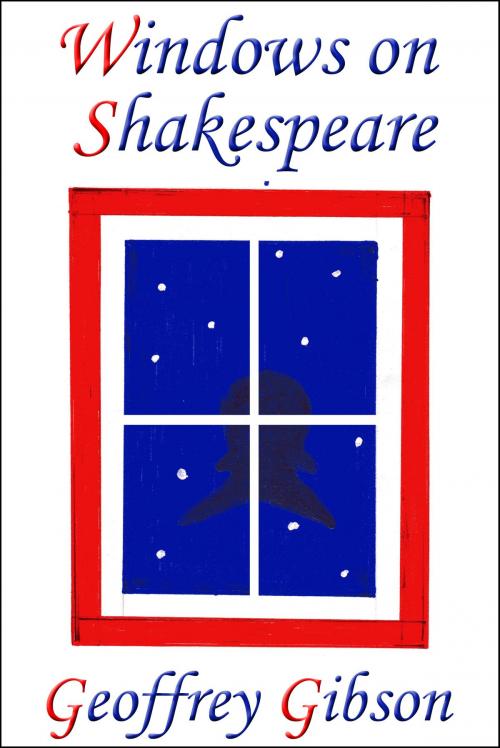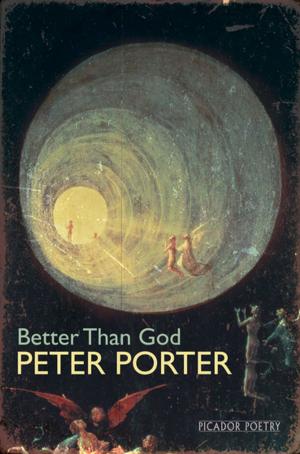Windows on Shakespeare
Nonfiction, Entertainment, Drama, Shakespeare, Fiction & Literature, British & Irish| Author: | Geoffrey Gibson | ISBN: | 9781310733260 |
| Publisher: | Geoffrey Gibson | Publication: | June 14, 2014 |
| Imprint: | Smashwords Edition | Language: | English |
| Author: | Geoffrey Gibson |
| ISBN: | 9781310733260 |
| Publisher: | Geoffrey Gibson |
| Publication: | June 14, 2014 |
| Imprint: | Smashwords Edition |
| Language: | English |
This book is an introduction to the world of Shakespeare. Chapter I is headed ‘A Writer in Time and Space’ and puts Elizabethan England in its context in the evolution of western theatre starting with Greece, and looks at Elizabethan education and theatre, and tells all that we know of the life of Shakespeare. Chapter 2 contains a note on each of the thirty-eight plays (averaging about 2000 words on each play, but loaded heavily in favour of the most played and celebrated pieces.) Chapter 3 offers an overview of the plays in groups – Problem, Romance, History, Classical, Comedies, and Tragedies. Chapter 4 gives a commentary on the ranges of recordings available, and includes a catalogue of recordings on cassette, CD and DVD. Chapter 5 looks at the greatest players of Shakespeare on stage and screen. Chapter 6 looks at the main streams of literary criticism from time to time. Chapter 7 concludes with general observations on this genius and his continuing presence in our life. There are no footnotes, but references are given at the end of each chapter, or note on a play (in chapter 2). The book is about 98,000 words. No other handbook of Shakespeare is structured like it.
This book is an introduction to the world of Shakespeare. Chapter I is headed ‘A Writer in Time and Space’ and puts Elizabethan England in its context in the evolution of western theatre starting with Greece, and looks at Elizabethan education and theatre, and tells all that we know of the life of Shakespeare. Chapter 2 contains a note on each of the thirty-eight plays (averaging about 2000 words on each play, but loaded heavily in favour of the most played and celebrated pieces.) Chapter 3 offers an overview of the plays in groups – Problem, Romance, History, Classical, Comedies, and Tragedies. Chapter 4 gives a commentary on the ranges of recordings available, and includes a catalogue of recordings on cassette, CD and DVD. Chapter 5 looks at the greatest players of Shakespeare on stage and screen. Chapter 6 looks at the main streams of literary criticism from time to time. Chapter 7 concludes with general observations on this genius and his continuing presence in our life. There are no footnotes, but references are given at the end of each chapter, or note on a play (in chapter 2). The book is about 98,000 words. No other handbook of Shakespeare is structured like it.















